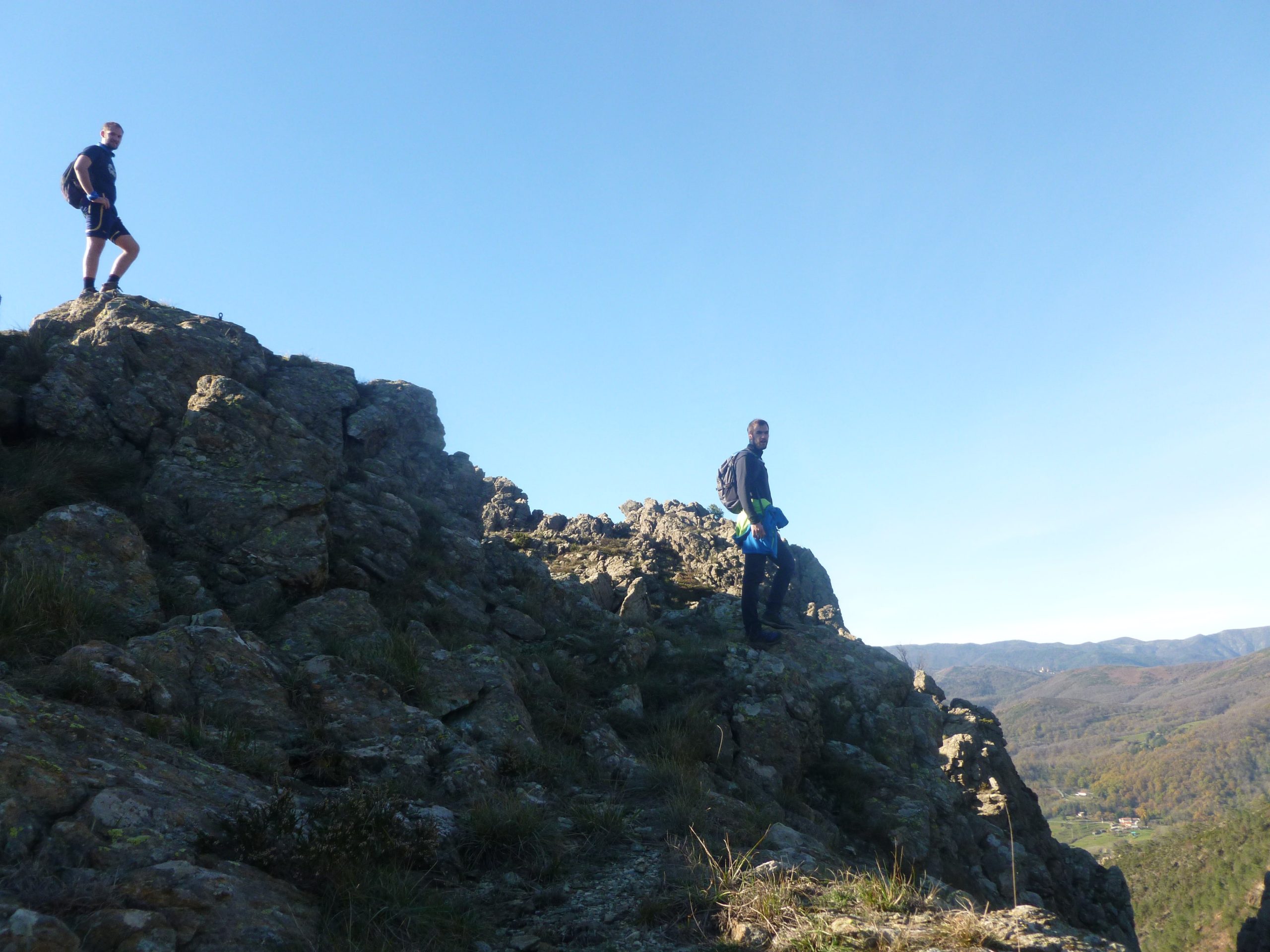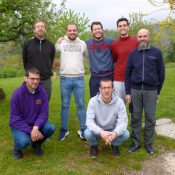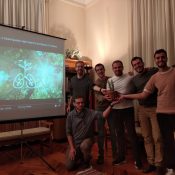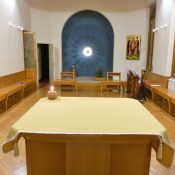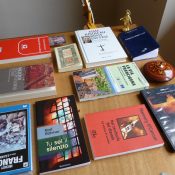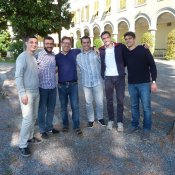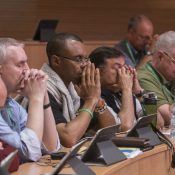War. Just over 1,000 kilometers away from me. In the neighborhood of my homeland. While I stand here in Genoa, in the chapel and pray for peace, I plead for lives. My desires would lead me to help concretely where the pain rages. “Lord, you would do this too, wouldn’t you? You would go there and sit here doing nothing?”. But no. It is not that simple. Jesus in his earthly life was not a problem-solving machine. Only after allowing a few days to pass did he leave to heal – by then already to raise – Lazarus (Jn 11:6) and he did not run to save the men who had been crushed by the tower of Siloe, although he was aware of what had happened (Lk 13:4). Jesus often acts in a way that makes no human sense. His actions were pleasing not to men, but always to the Father. “Only” this is my duty, that I may hear, and that I may be ready and diligent to fulfill his will. (cf. Spiritual Exercises 91)
By praying day after day I am more and more certain that I am a Jesuit religious in the Father’s dream. His will is that I be formed here in Genoa in the Novitiate. As high as the heavens are above the earth, and as high as his ways above our ways and his thoughts above our thoughts, so much must I trust the Father, believing that my prayers are the best and the most I can do for peace (cf. Is 55:9). It is a shattering experience to put my whole being in his hands every day, accepting that his will now is that I do nothing humanly concrete, and being ready if tomorrow he calls me to get up, leave the novitiate and go help under the bombs. It is a shocking experience, but anyone who has already experienced the power of this relationship and met the attractive figure of Jesus knows that this is how it is.
So every day I accept all my weaknesses, my powerlessness, and every day I rejoice when I can see how God has used me as an instrument of his love, that is, how this little reality that I am has become enough and a gift.
Benedek Rácz

